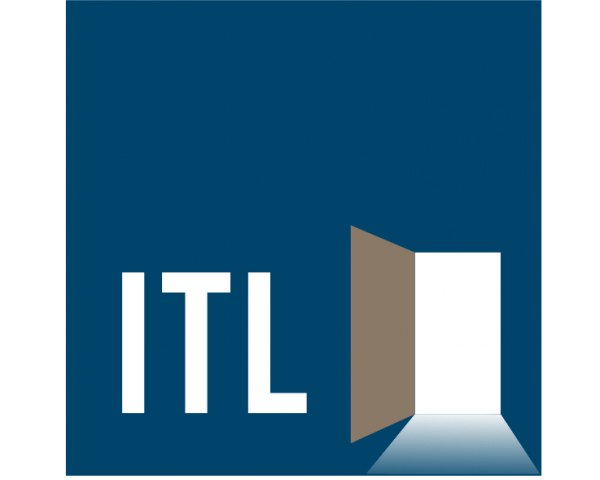With August approaching, football training camps (American football) are opening, and I can't wait. I am reminded of a conversation I recently had with a sports agent about what makes some coaches consistently successful.
My conversation with Bruce Tollner, a founder of Rep 1 Sports who works with college and professional coaches, focused on the fact that most teams rise and fall on the strength of their leadership, and that's just as true of companies in the insurance industry. It's especially true when it comes to innovation. A.M. Best has made leadership a key component of its proposed innovation assessment process for insurers.
Many coaches will tell you that better players make them better coaches, and talent is certainly a huge part of any organization's success. Acquiring and maintaining talent is a challenge for leaders, and it's important on and off the field to have the right people in the right roles.
But, just as a winning basketball coach might not also be a strong football coach, not just anyone can effectively lead insurance innovation efforts. Subject matter expertise is crucial, not only to understand the game but also to apply perspective. A problem we observe is that sometimes the entrepreneurs, VCs and people whom incumbents hire for their innovation efforts have little to no insurance industry knowledge. The lack of experience and insight to assess technologies and generally connect the dots can limit results.
There is a big difference between people who hold leadership positions and those who are leaders. Leadership flows from the impact that leaders have on the organization, from their passion and how they inspire their teams.
What else makes a good leader?
A mantra of mine is that respect must run downhill before trust will run uphill. The point is that leaders who care about and value input from their teams will engender trust, resulting in a better-run, more-successful organization. Most great leaders listen and develop strategy based on a variety of inputs.
Great leaders then communicate strategy effectively, provide the resources to get the job done and grant authority to individuals to do the job. That last part is important, because assistant coaches and innovation leader can't constantly be glancing over their shoulders to see if the head coach or CEO is going to second guess them, override their decision or fire them.
Another leadership quality is resiliency. Bruce said coaches rarely find themselves in optimal conditions. Elements are always lacking or could be better. The best coaches still find ways to position themselves to succeed, through a consistent and continual process.
My wife is a coach at the college athletics level, and she says that passion for the job, a sense of service to others, commitment to the team and support from the organization are all critical.
When people in positions of leadership don't demonstrate a commitment to innovation, when they simply do innovation to check a box or delegate it to someone else and aren't personally invested, the results are usually disappointing.
In its draft innovation assessment process, A.M. Best emphasized how important leadership is to success. The score for a company depends on setting and communicating strategy, supporting the troops, providing resources and creating a structure and process for success. Best stated that "an enterprise is unlikely to have a high culture assessment if it does not have strong leadership."
I love sports. I love the competition. I love that there's always another game or another season, another opportunity to prove yourself. I like the sports analogy between winning coaches and successful insurance leadership because innovation is a never-ending game. Companies need to position the right talent, have an effective process and show commitment by senior leaders to succeed over the long term, not just in a single instance. Success must be nurtured and maintained; there's no quitting after one unsuccessful play, game or season.
Here's to football season, and here's to the insurance industry's innovation efforts. Wishing your team all the success they earn.
Cheers,
Wayne Allen
CEO



